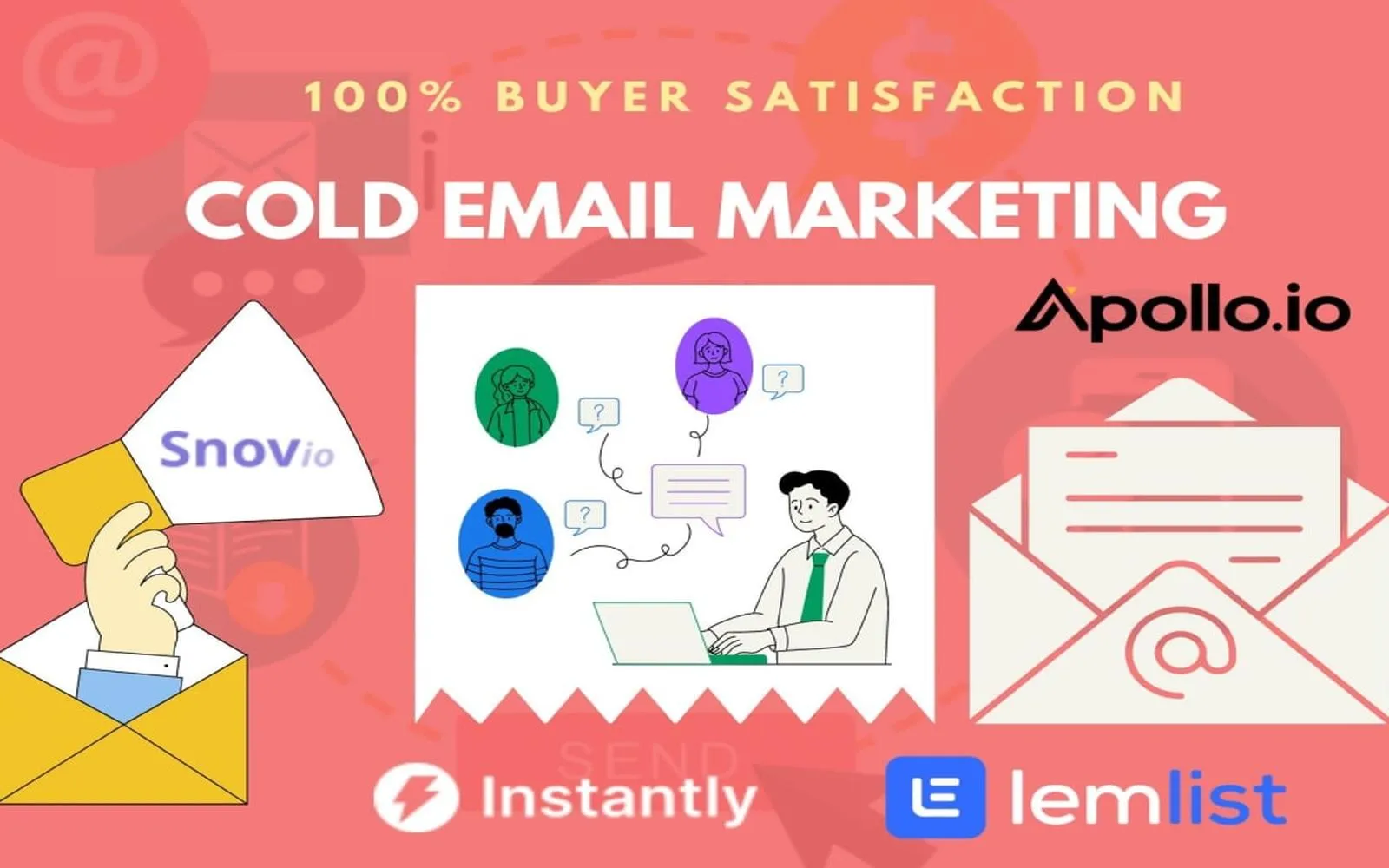Understanding the Importance of Email Marketing
Email marketing is one of the most effective tools for businesses to engage with their audience and drive conversions. With a well-structured email marketing strategy, companies can nurture leads, retain customers, and boost sales. However, achieving success in email marketing requires continuous optimization and adaptation to changing trends. This is where I decided to supercharge my email marketing efforts over the past year, leveraging insights and tools to maximize my return on investment.
Setting Clear Goals
The first step in my journey to supercharge my email marketing was to set clear and measurable goals. I defined key performance indicators (KPIs) such as open rates, click-through rates (CTR), conversion rates, and overall revenue generated from email campaigns. By establishing these benchmarks, I could effectively track my progress and make data-driven decisions moving forward.
Segmenting My Audience
One of the most significant changes I made was to segment my email list. Instead of sending out generic emails to my entire audience, I divided my subscribers into specific groups based on their behavior, demographics, and purchase history. This allowed me to tailor my content to meet the unique needs of each segment. For instance, I created separate campaigns for new subscribers, returning customers, and inactive users. The results were astounding, as segmentation led to a noticeable increase in engagement rates.
Optimizing Subject Lines
In email marketing, the subject line is your first impression. I dedicated time to optimize my subject lines, making them more engaging and relevant. Utilizing A/B testing, I experimented with different styles, lengths, and tones to see what resonated best with my audience. As a result, my open rates improved significantly, which directly contributed to increased CTR and conversions.
Crafting Compelling Content
The content of my emails underwent a thorough transformation. Instead of merely promoting products, I focused on providing value to my subscribers. This included educational resources, industry insights, and personalized recommendations. By prioritizing content that addressed my audience's pain points and interests, I fostered a deeper connection with my subscribers, leading to higher engagement levels.
Utilizing Automation Tools
To streamline my email marketing efforts, I implemented automation tools that allowed me to send targeted messages based on user behavior. For example, I set up automated welcome emails for new subscribers and re-engagement campaigns for inactive users. This not only saved me time but also ensured that my audience received timely and relevant content, further boosting engagement metrics.
Incorporating Visual Elements
Another strategy I adopted was the incorporation of visual elements in my emails. Research shows that emails with images and graphics tend to perform better than text-only messages. I began using eye-catching designs, infographics, and videos to enhance the visual appeal of my emails. This approach not only made my emails more enjoyable to read but also contributed to improved CTR.
Tracking and Analyzing Performance
Throughout the year, I made it a priority to continuously track and analyze the performance of my email campaigns. By leveraging analytics tools, I could gain insights into which emails were performing well and which needed improvement. I regularly reviewed metrics such as open rates, CTR, and conversion rates to identify trends and adjust my strategy accordingly.
Feedback Loops
Establishing feedback loops with my audience was another game-changer. I encouraged subscribers to share their thoughts on my emails and provided opportunities for them to express their preferences. This feedback was invaluable in refining my content and ensuring that I was meeting the needs of my audience. It also fostered a sense of community and engagement among my subscribers.
Experimenting with Timing
Timing plays a crucial role in the success of email marketing. I experimented with different send times and days to determine when my audience was most likely to engage with my emails. By analyzing the data, I found optimal send times that significantly increased open and click rates. This adjustment was simple yet impactful.
Implementing Referral Programs
Lastly, I introduced a referral program that incentivized my existing subscribers to refer friends and family. This not only helped grow my email list but also increased brand loyalty among my current subscribers. Offering rewards for referrals created a win-win situation, resulting in more engaged subscribers and a broader audience.
Results: A Year of Transformation
After one year of dedicated effort, the results of my supercharged email marketing strategy were remarkable. Here’s a summary of the key outcomes:
| Metric | Before Optimization | After Optimization |
|---|---|---|
| Open Rate | 15% | 30% |
| Click-Through Rate | 2% | 8% |
| Conversion Rate | 1% | 5% |
| Revenue Generated | $1,000 | $5,000 |
Conclusion
Supercharging my email marketing over the past year has been a rewarding experience. By setting clear goals, segmenting my audience, optimizing my content, and utilizing automation tools, I was able to achieve substantial improvements in engagement and revenue. If you're looking to enhance your email marketing strategy, consider implementing these tactics to see transformative results for your business.





